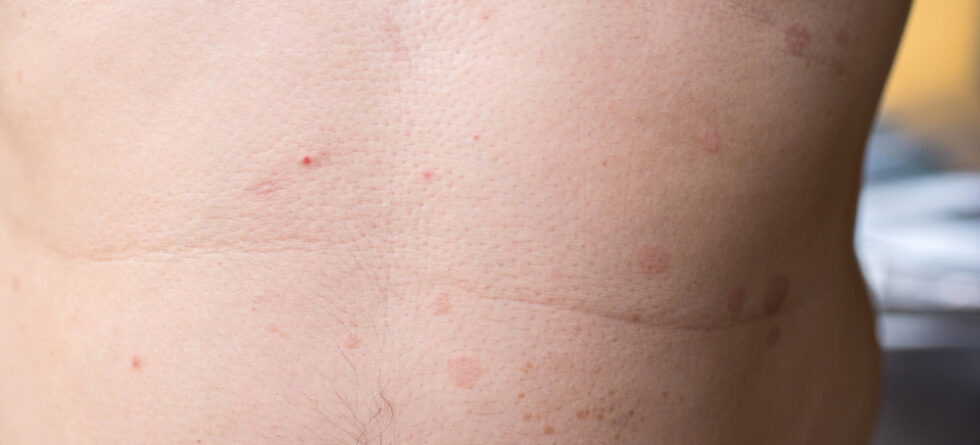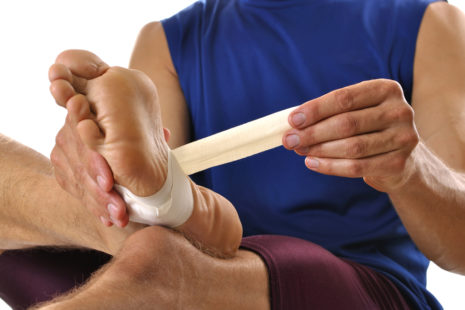One of the most common infections associated with Brazilian Jiu-Jitsu (BJJ) and other grappling martial arts is skin infections caused by bacteria, particularly Staphylococcus aureus (staph) and Methicillin-resistant Staphylococcus aureus (MRSA). These infections can occur due to the close physical contact and skin-to-skin contact involved in grappling sports, as well as contact with contaminated surfaces or equipment.
Skin infections in BJJ practitioners can manifest as…
- Ringworm (Tinea corporis) – A fungal infection characterized by red, circular patches on the skin, often with raised edges and clear centers. It is highly contagious and can spread through direct skin contact or contact with contaminated surfaces such as mats or gear.
- Impetigo – A bacterial infection characterized by red sores or blisters that may ooze and form a yellowish crust. Impetigo is highly contagious and can spread through skin-to-skin contact or contact with contaminated surfaces.
- Folliculitis – Inflammation of the hair follicles, often caused by bacterial infection. Folliculitis can result in red, itchy bumps or pustules around hair follicles, particularly in areas where friction or sweating is common.
- Cellulitis – A bacterial skin infection that can cause redness, swelling, warmth, and tenderness in the affected area. Cellulitis can occur when bacteria enter the skin through cuts, scrapes, or other breaks in the skin barrier.
- MRSA Infections – Methicillin-resistant Staphylococcus aureus (MRSA) is a type of staph bacteria that is resistant to many antibiotics. MRSA infections can cause skin infections similar to those caused by regular staph bacteria, but they are more difficult to treat and can lead to serious complications if left untreated.
Preventing infections in BJJ involves practicing good hygiene and cleanliness measures, including…
- Showering immediately after training sessions.
- Washing training gear, uniforms, and towels regularly.
- Keeping fingernails and toenails trimmed short to reduce the risk of scratching and breaking the skin.
- Avoiding sharing personal items such as towels, water bottles, or equipment.
- Cleaning and disinfecting mats, training surfaces, and equipment regularly.
- Covering any cuts, scrapes, or open wounds with clean bandages before training.
BJJ academies and gyms may have specific policies and procedures in place to minimize the risk of infections, such as requiring practitioners to wear clean uniforms, enforcing hygiene protocols, and regularly sanitizing training areas.




